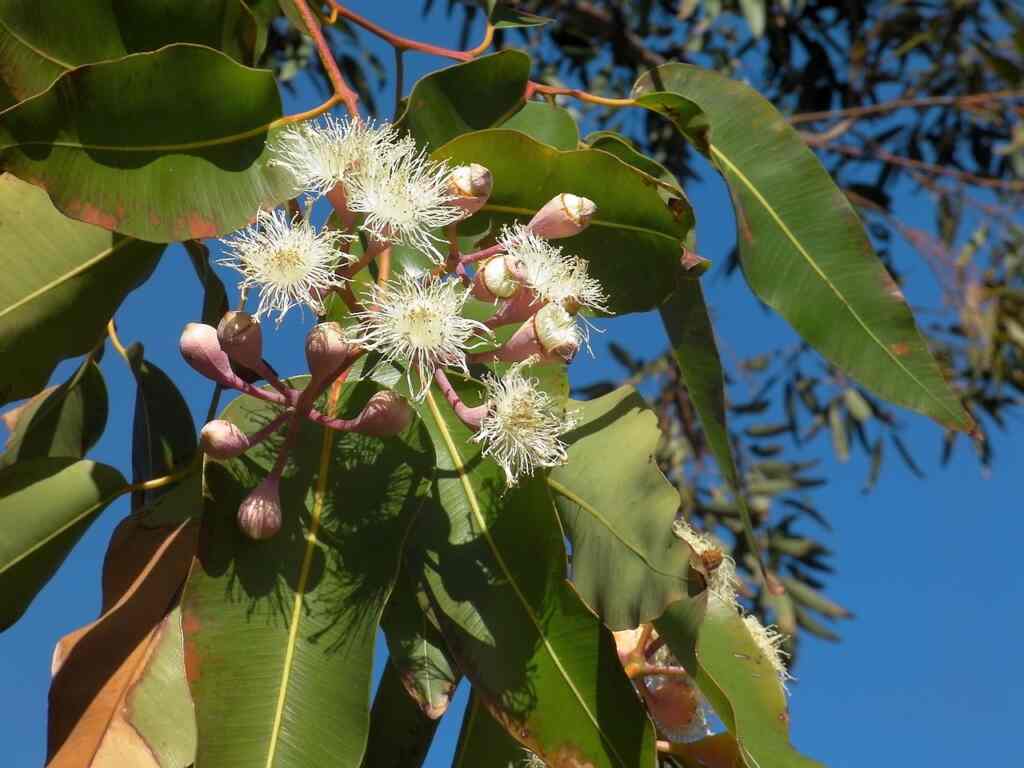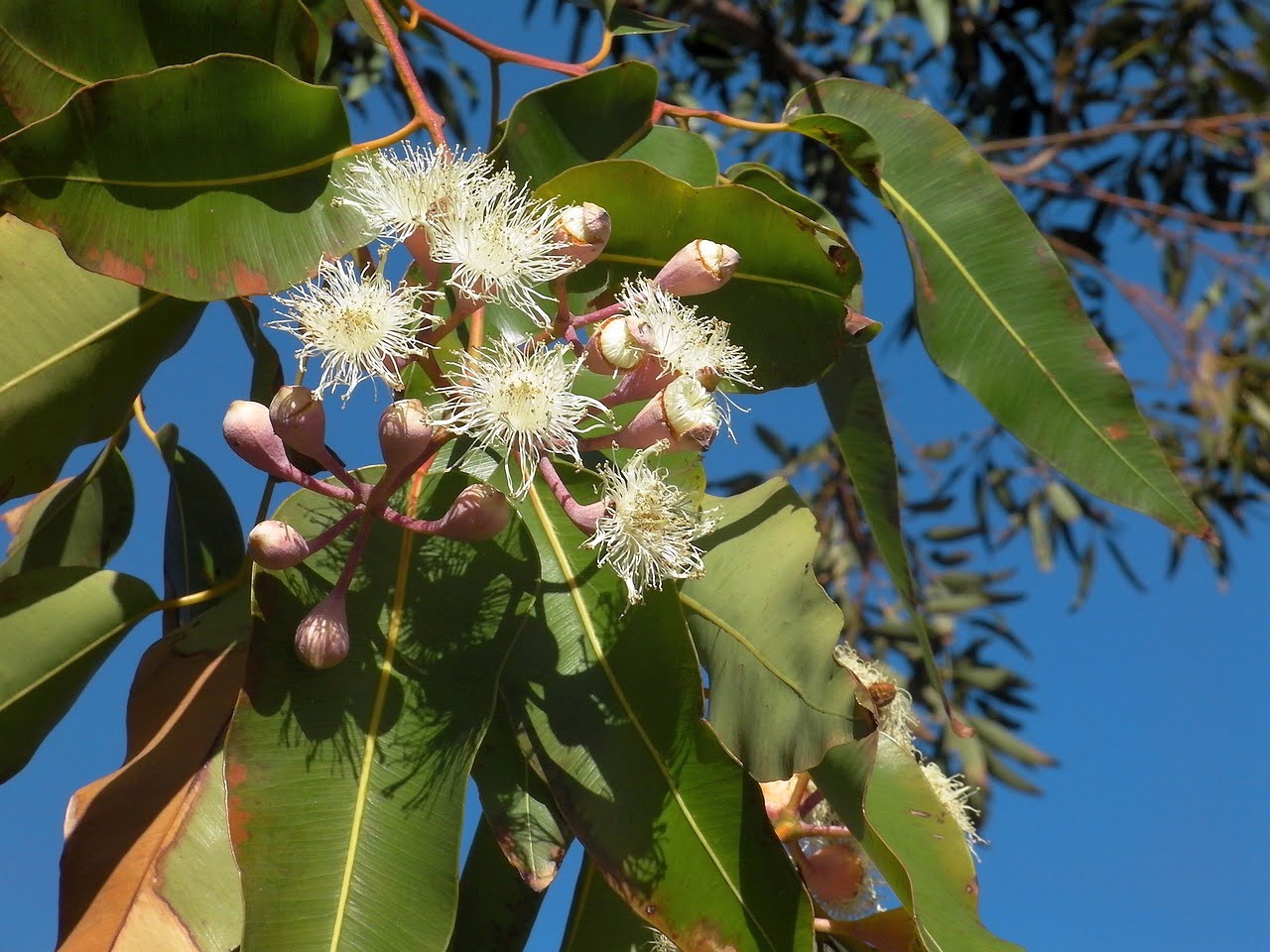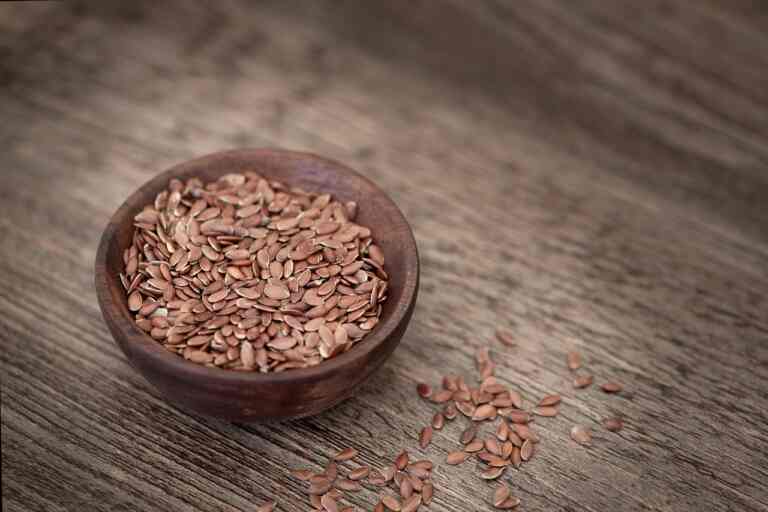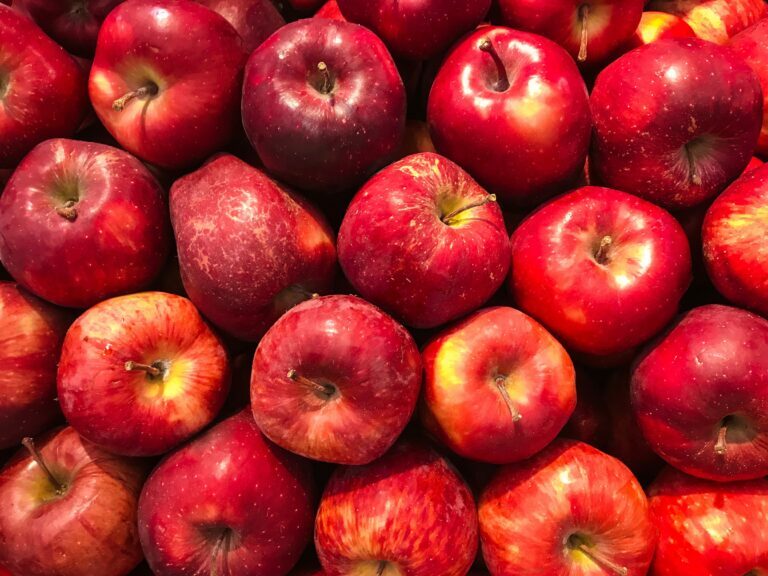Can we eat eucalyptus leaves?
Can we eat eucalyptus leaves? Eucalyptus trees, with their aromatic leaves and towering presence, are a familiar sight in many parts of the world. These trees, native to Australia, have adapted well to various climates and are now found in different countries, adding to their mystique and allure. While they are primarily known for their oil, which is used in a range of medicinal and practical applications, a question that often arises is: Can we eat eucalyptus leaves?
The Aromatic Allure of Eucalyptus
Eucalyptus leaves are renowned for their distinctive aroma, which is due to the oil glands present on their surface. The scent is refreshing and has a cooling effect, making it a popular choice in aromatherapy and as an ingredient in cough drops and decongestants. Eucalyptus oil, extracted from these leaves, possesses antiseptic and anti-inflammatory properties, making it valuable in the pharmaceutical and cosmetic industries.
The Diversity of Eucalyptus Species
Eucalyptus trees encompass a diverse range of species, each with its unique characteristics. Some species are tall giants, reaching heights of over 300 feet, while others are more modest in size. The leaves of these species vary in shape, size, and color, but they all share the common trait of containing eucalyptus oil.
Eucalyptus Leaves in Aboriginal Culture
In Australian Aboriginal culture, eucalyptus leaves have been traditionally used for various purposes. They are sometimes used to wrap food for cooking, imparting a subtle flavor to the dish. Additionally, indigenous communities have utilized eucalyptus leaves for their medicinal properties, employing them to treat wounds, coughs, and colds. However, these uses are specific to certain eucalyptus species and preparations and are deeply rooted in indigenous knowledge.
Toxic Compounds in Eucalyptus Leaves
While some indigenous cultures have found ways to incorporate eucalyptus leaves into their diets, it is crucial to note that not all species are safe for human consumption. Many eucalyptus species contain toxic compounds, including cyanogenic glycosides, which can release cyanide when ingested. Ingesting these compounds can lead to symptoms ranging from mild gastrointestinal discomfort to severe poisoning, depending on the quantity consumed.
Eucalyptus Leaves and Koalas
One of the most iconic images associated with eucalyptus leaves is that of the koala bear peacefully munching on its favorite meal. Koalas have a highly specialized digestive system that enables them to break down the tough fibers and toxins present in eucalyptus leaves. This adaptation, however, is unique to koalas and a few other marsupials, and it does not mean that humans can safely consume eucalyptus leaves in the same way.
Potential Culinary Uses of Eucalyptus Leaves
While the majority of eucalyptus species are not suitable for human consumption, there are a few exceptions. Some chefs and culinary enthusiasts have experimented with using certain species of eucalyptus leaves sparingly in cooking. The leaves can add a subtle, aromatic flavor to dishes when used judiciously, similar to other aromatic herbs like bay leaves. However, it is crucial to exercise extreme caution and ensure that the species being used are non-toxic and safe for consumption.
Exploring the Fascinating World of Eucalyptus: Beyond Aromatherapy and Koalas
Eucalyptus trees, with their distinct fragrance and towering canopies, have a charm that captivates nature enthusiasts and botanists alike. While the question of whether humans can consume eucalyptus leaves has been addressed, there’s much more to explore about these remarkable trees and the myriad ways they enrich our lives.
Eucalyptus in Traditional Medicine
Beyond the realms of culinary uses, various cultures have incorporated eucalyptus leaves into traditional medicine practices. The leaves of certain non-toxic eucalyptus species are believed to have medicinal properties. Eucalyptus tea, brewed from the leaves of safe species, is celebrated for its potential respiratory benefits. Inhaling steam infused with eucalyptus oil is a popular natural remedy for nasal congestion and respiratory issues, providing a soothing effect during colds and allergies. Additionally, eucalyptus oil is used topically for its analgesic properties, providing relief from muscle and joint pain when diluted and applied as a liniment.
Eucalyptus Oil: A Versatile Elixir
Eucalyptus oil, extracted from the leaves, is a versatile elixir with an array of applications. Its antiseptic properties make it a common ingredient in mouthwashes, helping combat bad breath and promoting oral health. In massage therapy, diluted eucalyptus oil is used for its calming effect on sore muscles, providing both relaxation and relief.

Eucalyptus and Mental Well-being
The aromatic allure of eucalyptus isn’t limited to its physical benefits. Aromatherapists often use eucalyptus oil to alleviate mental fatigue and stress. The invigorating scent of eucalyptus is believed to clear the mind and enhance focus, making it a popular choice in essential oil diffusers. Its ability to create a refreshing atmosphere contributes to a sense of calm, aiding relaxation and mental clarity.
Eucalyptus in Cosmetics and Skincare
Eucalyptus oil’s antiseptic and astringent properties have made it a favored ingredient in cosmetics and skincare products. It is commonly found in cleansers, toners, and facial creams due to its ability to cleanse and tighten the skin, minimizing pores and promoting a healthy complexion. Its presence in shampoos and hair treatments is attributed to its potential to improve scalp health and stimulate hair growth.
Eucalyptus and Environmental Impact
Beyond its utility in human-centric domains, eucalyptus trees play a crucial role in the environment. They are known for their rapid growth and adaptability to diverse climates, making them valuable in reforestation efforts. Eucalyptus plantations help combat deforestation by providing a sustainable source of timber, paper, and biomass fuel. Moreover, these trees have been planted in regions prone to soil erosion, as their extensive root systems help stabilize the soil.
Cultivating Eucalyptus Responsibly
For those interested in cultivating eucalyptus trees or using their leaves for various purposes, it is imperative to do so responsibly and ethically. Understanding the specific species, their toxicity levels, and their ecological impact is vital to maintaining the delicate balance of local ecosystems. Responsible cultivation practices ensure that the environment is preserved, and the benefits of eucalyptus can be enjoyed without causing harm to nature.
Conclusion: Appreciating Eucalyptus in its Rightful Place
In summary, while eucalyptus leaves hold a special place in various cultures and have been utilized in specific culinary and medicinal contexts, they are not universally safe for human consumption. It is essential to appreciate these trees for their ecological importance, their role in indigenous cultures, and their contributions to various industries, including medicine and aromatherapy. As with any natural substance, a deep understanding of the specific species and their properties is necessary before considering any culinary or medicinal use. By respecting the complexity of these trees and their leaves, we can continue to enjoy their benefits while ensuring our safety and well-being.
Related Posts
This article is reviewed by Russel, before publishing. If you have any doubt, you can contact us or consult with your nearby doctor. Remember, in medical matters, there is no same advice, cure, and medicine for all.







